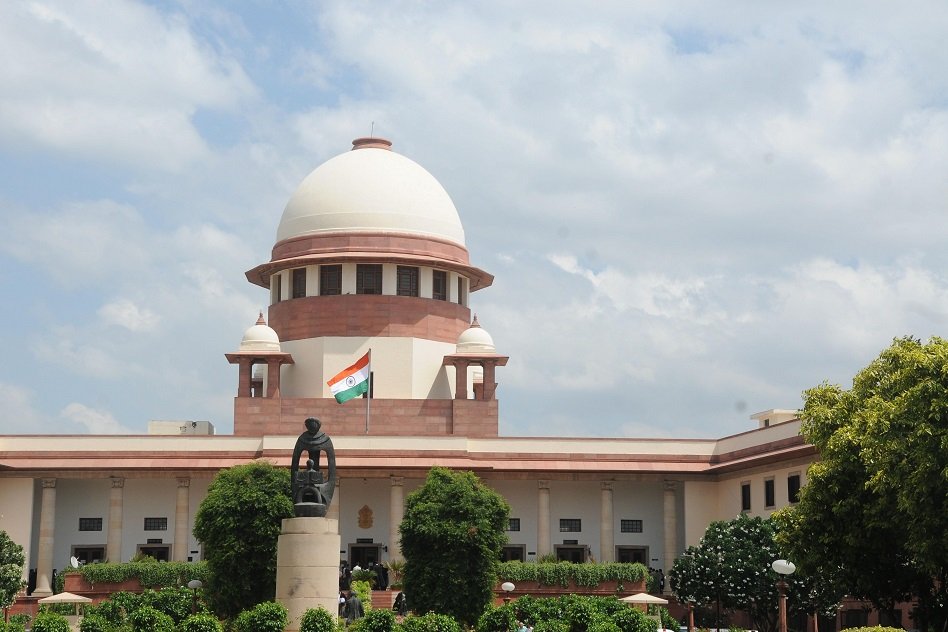
Brother Cannot Claim The Property Inherited By His Sister From Her In-Laws: Supreme Court
15 Feb 2017 12:44 PM GMT
The Supreme Court (SC) in a recent order declared that a man does not have the right to claim the property inherited by his sister from her husband. This is because the brother can neither be considered to be her heir nor her family.
“Language used in Section 15 clearly specifies that the property inherited from the husband and father-in-law would devolve upon the heirs of husband/father-in-law from whom she inherited the property,” the bench of Justices Dipak Misra and R Banumathi said.
The apex court was referring to the provision laid by the Hindu Succession Act which lays down the general order of succession to the property of a female intestate (a person who has died without making a will) who dies after the commencement of this law.
The SC was hearing the appeal filed by a man challenging the March 2015 verdict of the Uttarakhand High Court holding him to be an unauthorised occupant in a property in Dehradun in which his deceased, married sister was a tenant.
The bench noted that the property was taken on rent in 1940 by the father-in-law of the woman (the man’s sister) and after that, the woman’s husband became its tenant. After the death of her husband, she became the tenant of the property.
“….the first appellate court and the High Court rightly held that the appellant (Durga Prasad) is neither an heir as visualized under section 3(a) of the UP Act XIII of 1972 (the UP Urban Buildings (Regulation of Letting, Rent and Eviction) Act), nor family within the meaning of section 3(g) of the Act and that the appellant is in unauthorized occupation of suit premises and is liable to be evicted,” the bench said.
“Upon the death of Lalita (sister), in terms of section 15(2)(b) of the Hindu Succession Act, in the absence of any son or daughter of deceased Lalita, the tenancy would devolve upon the heirs of her husband,” the apex court said. “In the facts of present case, the appellant being the brother of a deceased tenant cannot be held to be the family as the inclusive list given under the Act clearly omits brother and sister and the same cannot be read therein as the list has to be read and interpreted strictly.”
 All section
All section













